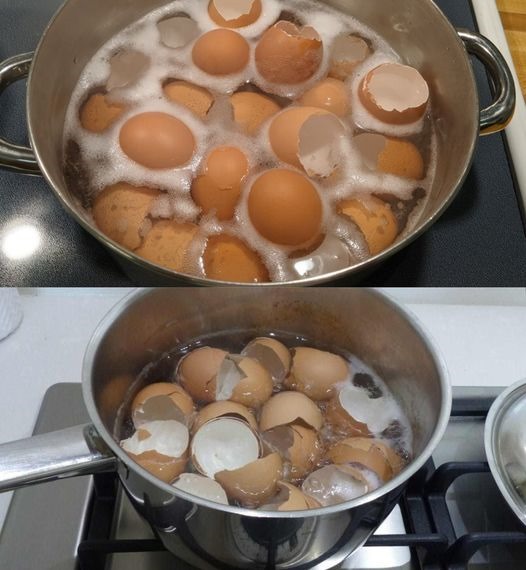
Eggs are also a good source of healthy fats, such as conjugated linoleic acid (CLA). This fatty acid has been linked to a number of benefits, including improved cardiovascular health. Rich in a range of essential vitamins and minerals, such as vitamin A, vitamin D, vitamin B12, iron, zinc and selenium, you can safely consume up to 4 per week unless directed contrary to specialists. They lend themselves very well to different types of cooking, as well as to the preparation of many dishes or cold salads. Often in desserts are very important egg whites, which are usually whipped until stiff. So-called “clear” eggs are also used in the aesthetic field. In fact, there are many home solutions that involve using egg whites for skin or hair care. But today we see why we should not underestimate an element of eggs that we all tend to throw away and which is very useful: the shells.
Boil eggshells, here’s why
A practice that many will surely adopt when preparing a boiled egg. In this case, you put a whole egg in the water, bring it to a boil and after ten minutes take it out of the water. The next step is to shell the eggs and usually the shells end up being thrown away. In fact, this part of the egg is really very useful, which is why we should keep them aside. Boiling eggshells will make an excellent natural fertilizer for plants. They can help provide calcium and other useful nutrients to plants, which will serve to make them stronger and healthier. To recycle eggshells, it is essential to boil them.
Continue Reading in next page

